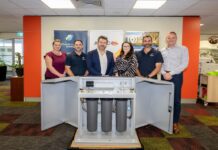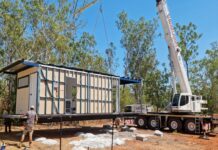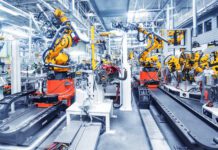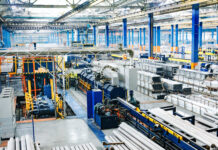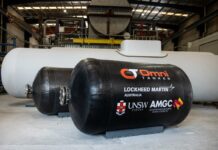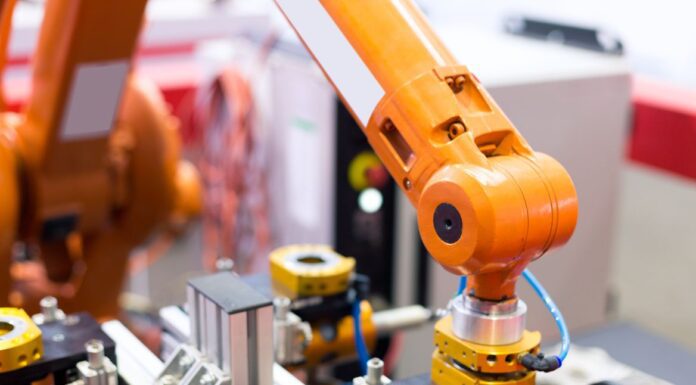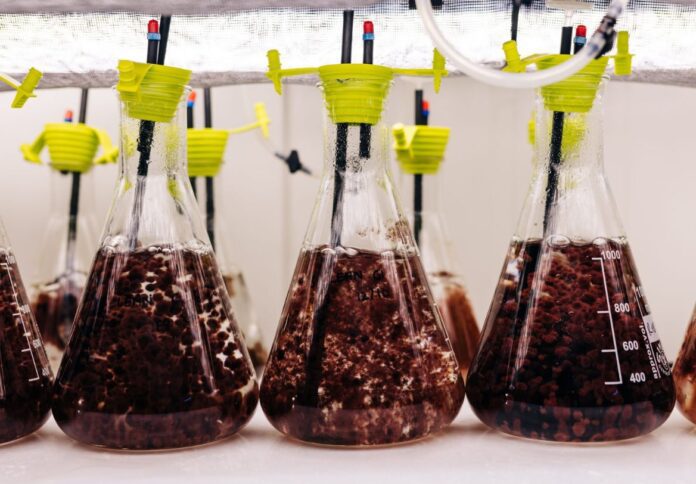
Tasmanian manufacturer Sea Forest has received a $675,000 investment from the Advanced Manufacturing Growth Centre (AMGC) for the production of methane-busting livestock feed using asparagopsis extract.
With the funding’s support, the company has established a new manufacturing facility at its Triabunna headquarters dedicated to processing seaweed asparagopsis armata, which has been known for its methane-busting potential when added in tiny quantities as a supplement for ruminant animals.
“This is a great Australian idea that has now been turned into a successful commercial business via manufacturing. Through the commercialisation process, Sea Forest has developed a local product with global potential, while generating jobs and supporting global moves to reduce emissions,” said Dr Jens Goennemann, managing director at AMGC.
The $3.2 million Asparagopsis Commercialisation Project took over 18 months to complete and has created nine full-time roles and upskilled eight existing employees at Sea Forest. Over 50 more jobs are expected to be created in Triabunna, where the company focuses its manufacturing and market development, AMGC said.
Through the project, Sea Forest has deployed systems and practices in place for industrial-scale processing and packaging of asparagopsis extract, which is delivered to beef, milk, and wool producers in an oil-based solution.
The asparagopsis extract’s compounds are capable of changing the enzymatic behaviour of the final chamber of animals’ stomachs, ultimately reducing methane emissions with just 0.2 per cent of Sea Forest’s product needed in ruminate feed to reduce emissions by up to 98 per cent.
According to AMGC, aparagopsis extracts provide a range of benefits, including cutting digestion-related emissions from animals, growing carbon more rapidly than plants on land, and increasing the rate at which livestock grow.
Methane is a greenhouse gas 28 times more potent than carbon dioxide and contributes up to 15 per cent to Australia’s greenhouse gas emissions that come from the agricultural sector.
“AMGC has greatly assisted Sea Forest in reaching its commercial outcomes as the funding allowed us to fast track the completion of our commercial-scale processing plant which has enabled us to meet our ambitious supply targets,” said Sam Elsom, CEO of Sea Forest.
“The process of detailing each project milestone, together with its associated budget and regular reporting has also been very helpful and ensured that project costs were largely contained, limiting the risk of budget overruns and timing delays.”
Sea Forest seeks to clear its current capacity of 7,000 tonnes per annum within five years, which is enough to mitigate the equivalent of 1.2 million tonnes of CO2, equivalent to removing 300,000 cars from the world’s roads.


